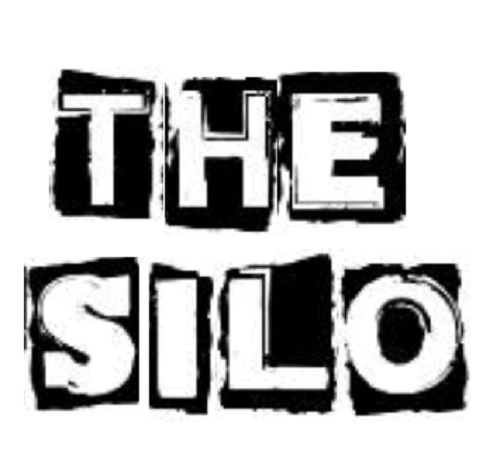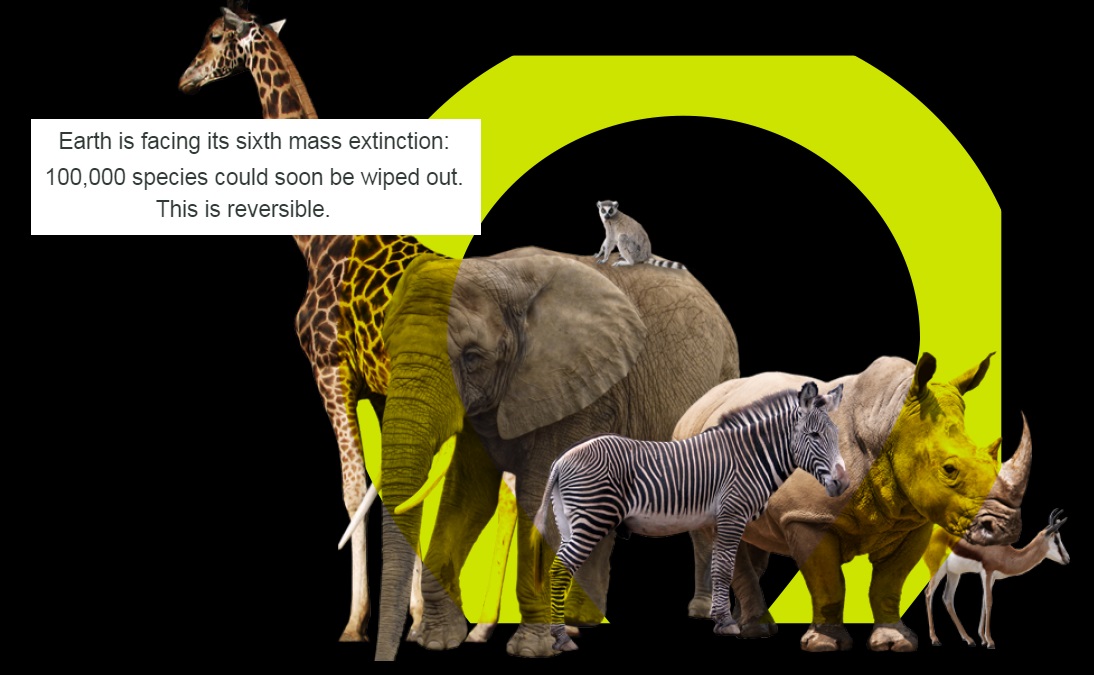NEW YORK, February, 2020 – Gucci, one of the world’s leading luxury fashion brands, has joined The Lion’s Share Fund, a unique initiative raising much-needed funds to tackle the crisis in nature, biodiversity and climate across the globe.
Led by the United Nations Development Programme (UNDP) and a coalition of businesses and UN partners, the Fund aims to raise over $100 million per year within the next five years for animal conservation, biodiversity and climate by asking brands to contribute 0.5% of their media spend every time an animal is featured in their advertisements.
Achim Steiner, UNDP Administrator, said: “This partnership with Gucci marks the continuing evolution of this innovative fund, which provides a unique opportunity for brands across all industries to join forces and help preserve and protect biodiversity across the globe. Wildlife populations are half the size they were just 50 years ago, and their habitats and ecosystems are destroyed at an unprecedented rate due to human activity. Lion’s Share is an idea that is as innovative as it is simple – and it makes a real impact on wildlife conservation.”

Marco Bizzarri, President and CEO of Gucci, said: “The Lion’s Share Fund is an important addition to our conservation strategy. Nature and wildlife provide Gucci with inspired creation that is an integral part of our narrative through our collections and campaigns. With the increasing threats to the planet’s biodiversity, groundbreaking initiatives like The Lion’s Share Fund have the potential to be transformative by organically connecting the business community with direct action to protect our natural habitats and most threatened species.” Bizzarri continued “In a similar way, since 2018, Gucci has been totally carbon neutral across our supply chain and we offset our remaining emissions every year through REDD+, which protects critical forests and biodiversity around the world.”

Launched in September 2018, the Fund is already having an impact, providing a grant to improve critical radio systems for law enforcement officers protecting wildlife in Mozambique’s Niassa Nature Reserve and helping reduce the elephant poaching rate to zero, and providing a grant to help secure land for endangered orangutans, elephants and tigers in North Sumatra in Indonesia.
Animals appear in approximately 20 per cent of all advertisements in the world, yet despite this, animals do not always receive the support they deserve.
The Lion’s Share gives brands the opportunity to take urgent and significant action and play their part in protecting our planet.
For more information, visit TheLionsShareFund.com.
About GUCCI
Founded in Florence in 1921, Gucci is one of the world’s leading luxury fashion brands, with a renowned reputation for creativity, innovation and Italian craftsmanship.
Gucci is part of Kering, a global Luxury group managing the development of a series of renowned Houses in Fashion, Leather Goods, Jewelry and Watches.
For further information about Gucci, visit www.gucci.com
About The Lion’s Share Fund
The Lion’s Share was established in June 2018 by the United Nations Development Programme (UNDP) with FINCH, Mars, Incorporated, Nielsen and BBDO as founding members. The fund tackles the crisis in biodiversity and climate by asking advertisers worldwide to donate 0.5 percent of their media spend for each advertisement that features an animal. Those funds are pooled and distributed to projects globally that have a significant impact on animal conservation, habitat loss and the climate crisis. The Lion’s Share contributes to the Sustainable Development Goals, the UN’s universal call to action to end poverty and protect the planet.
About the United Nations Development Programme (UNDP)
UNDP partners with people across societies to help build nations that can withstand crisis, and drive and sustain the kind of growth that improves the quality of life for everyone. On the ground in nearly 170 countries and territories, we offer global perspective and local insight to help empower lives and build resilient nations. For more information on UNDP, visit undp.org.


Leave a Reply
You must be logged in to post a comment.